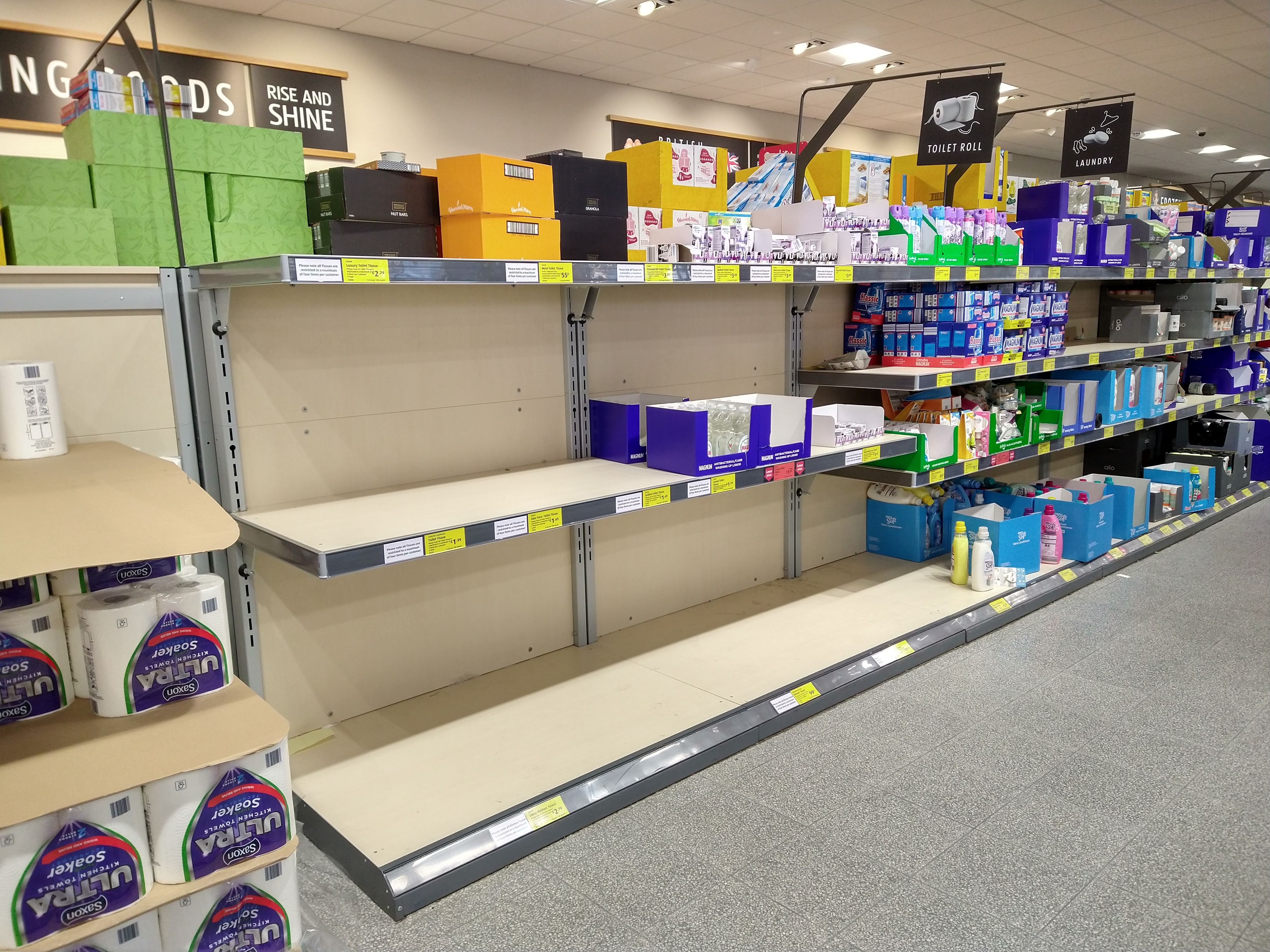At the start of every public health ethics course I teach, I give my students a list of questions to explore, but leave the most important one until last: ‘What kind of society do we want to be?’
I want them to circle back to this thought, no matter the topic, to instil in them the understanding that public health practice and policy are always based on value judgments. Our job, as ethicists, is not always to provide the right answer, but to clarify the values and interests embedded in our decision making.
The Covid-19 crisis illustrates why questions of social justice should be at the core of medical and public health responses. During a crisis, health care professionals are forced to make tragic choices. Should ventilators be prioritised for those with no underlying health conditions to help ensure better survival rates? Or should people in greatest need take precedence? The moral dilemmas facing health workers can be excruciating, but ethicists can help to illuminate the values that inform such decisions.
In our response to the current crisis, we can also provide direction on wider questions of social justice, which go far beyond how we determine medical priorities. Indeed, we face ethical dilemmas at a broader policy level. By adopting, for instance, a model that favours acquiring herd immunity – and opting to sacrifice some lives to save many more – we might fail to weigh up which lives, and vulnerable groups, we would be sacrificing.
Similarly, curbs on individual freedom – so highly prized in liberal societies – can become a focus of ethical tension. We might justify restrictive measures by invoking the collective good, or by showing that a relatively small burden on the general population will protect the most vulnerable. These varying approaches reflect different ethical values and attitudes towards justice, and the solutions are not straightforward.
Pandemics are as much about moral questions as medical ones. Issues of social justice, human vulnerability and structural inequality come into play at home and abroad. Pandemics, as we know, do not respect borders. Our global response should be one of partnership, rather than protectionism, and one based on solidarity and even a minimal sense of global justice.
A fresh approach is needed in our collective ethic. Reports of racism prompted by the pandemic are hugely concerning – a situation that is exacerbated by the protectionist political measures adopted by several countries, fuelling further nationalist sentiments. At an individual level, we see this ethos of looking after our own interests, at the expense of others, reflected in our empty supermarket shelves.
As politicians hasten to address economic concerns, we must stop to consider how our decisions are exacerbating inequalities associated with race, age, class, gender and disability. Are we only hearing the voices of the powerful, and silencing those of the most disadvantaged? It is a question we need to grapple with, individually and collectively.
There is growing evidence that the long-lasting effects of the pandemic will deepen structural and social inequalities. The imposition of strict social distancing will see many women and children forced to remain with their abusers while, in even the most privileged circumstances, women will bear the brunt of care work and provision of emotional support.
Similarly, people with disabilities not only face greater health risks, but will also suffer most from a lack of support services. In our rush to save lives, there is a growing risk that people with disabilities are seen as expendable. Among the worst affected will be those who have little or no claim on our governments; think of migrants stranded on the margins of society. There is no possibility of self-isolation in a refugee camp, or when you have a forced mass migration.
In the coming months, as our health systems focus on how to save lives – and, eventually, rebuild – an ethic based on social justice might prompt us to consider those socio-economically vulnerable members of society who have helped to prop up our economy and political structures during this crisis. Indeed, although we speak of a crisis, a pandemic of this nature has severe long-term repercussions. Will those of us who enjoy much privilege be willing to endure further sacrifice so that those who have lost the most in this pandemic are able to recuperate?
When I teach my class this autumn, the pandemic will loom large in my thinking. As I sit just now in my makeshift home-study and imagine training the next intake of doctors, lawyers and policy makers, I am increasingly convinced that ethics and justice should underpin all of public and global health. My key question to my new students will be: What kind of society do you want to build in the decades ahead? It may just make its way to the top of my list.
This post was first published on the Justice in Global Health Emergencies & Humanitarian Crises website, A Wellcome Trust project
Dr Agomoni Ganguli Mitra is Co-Director of Mason Institute for Medicine, Life Science and the Law at the University of Edinburgh and works ethics and justice in global health emergencies (https://www.ghe.law.ed.ac.uk/)










Comments by astreet